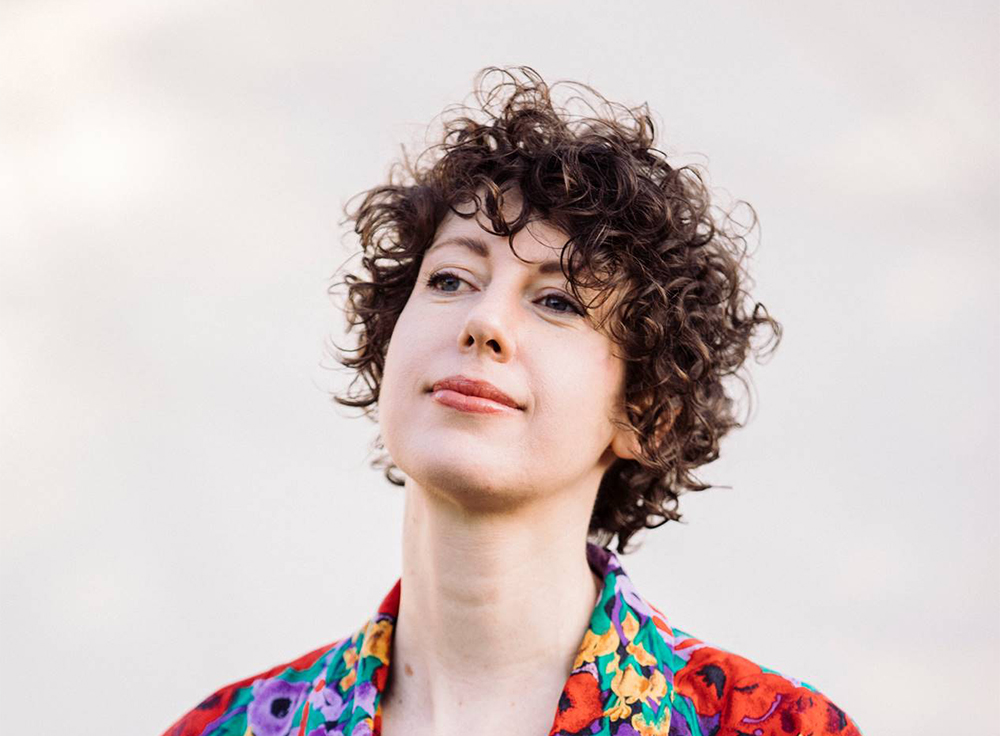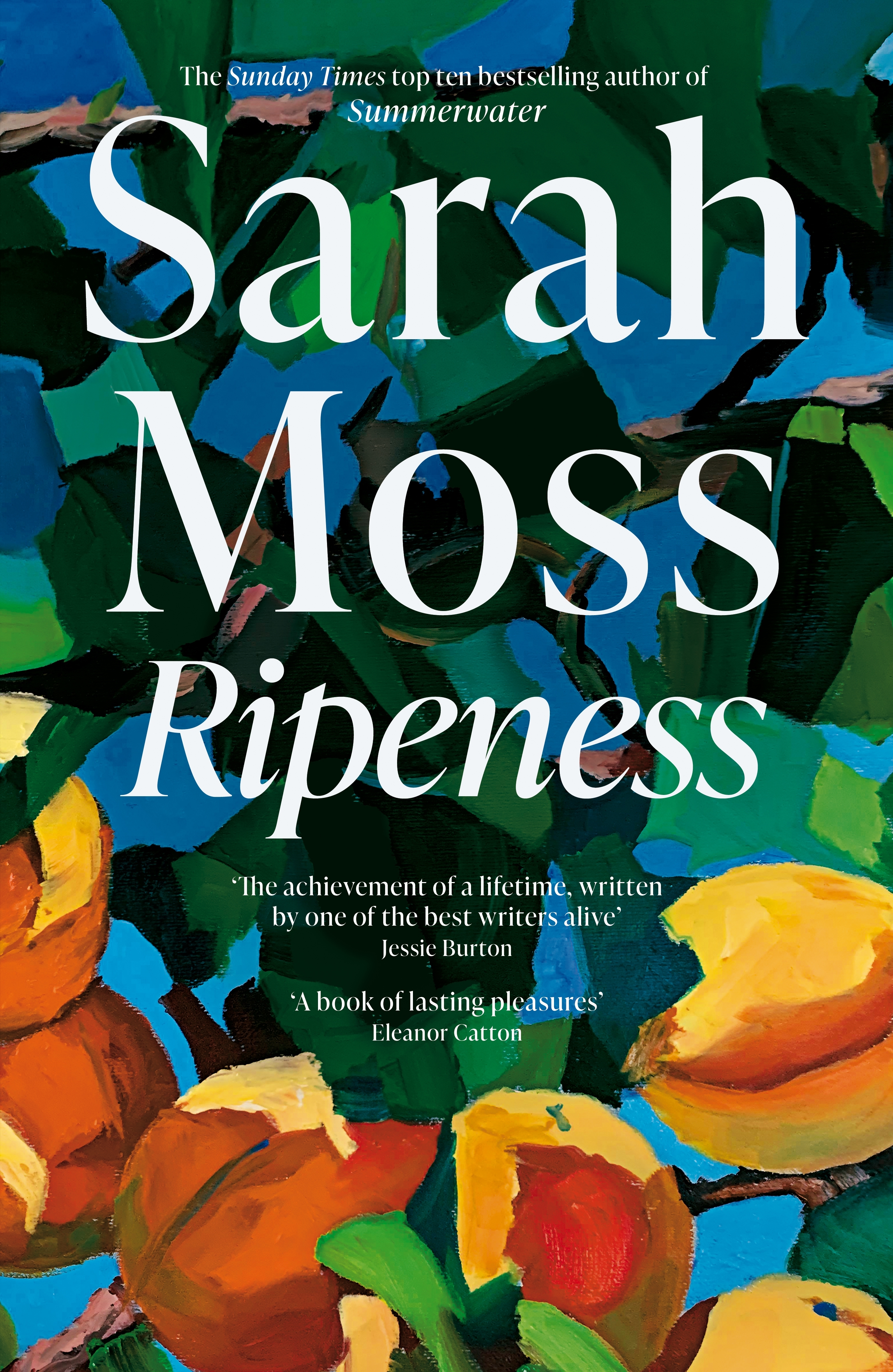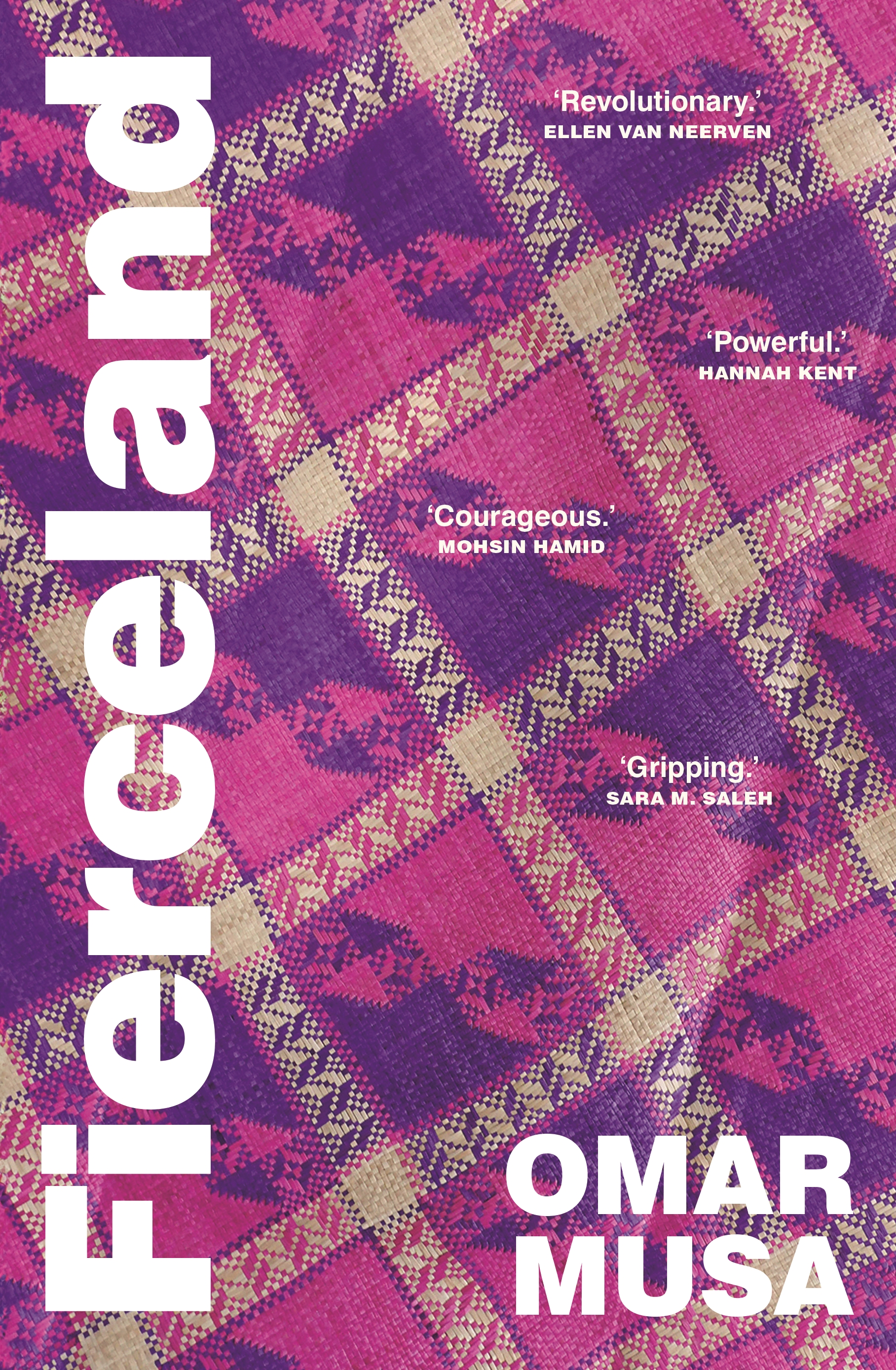An interview with Joan Fleming

Joan Fleming is the author of the collections Failed Love Poems (2015) and The Same as Yes (2011) from Te Herenga Waka University Press, and the chapbooks Two Dreams in Which Things Are Taken (Duets, 2010) and Some People’s Favourites (Desperate Literature, 2019). Her post-collapse verse novel Song of Less was published by Cordite Books in 2021. She holds a PhD in ethnopoetics from Monash University, and lives in Melbourne.
Which poets have influenced you most?
Homer, Sappho, Hopkins, Dickinson, Yeats, Lorca, Stein, Rilke, Rimbaud, Francis Ponge, Frank O’Hara, Kenneth Koch (and the poems by the kids he taught in New York public schools), Sylvia Plath, Zbigniew Herbert, Hone Tūwhare, Donald Justice, Alfred Starr Hamilton, Anne Carson, Claudia Rankine, Alice Oswald, Maggie Nelson, Natalie Diaz, C.D. Wright, Bill Manhire, Dinah Hawken, and Eileen Myles – to name a few.
Are poems chiefly inspired or crafted?
For me, if a poem doesn’t originate in the body, in the gut, it’s usually a plotting of the forebrain, an attempt to ‘say something’, and should be ignored.
What prompts a new poem?
Misunderstanding, miscommunication, misalignment. A tension in memory that asks to be worked out on the page. A pretty and itchy thread of words that rises up from nothing. Other people’s extraordinary poems.
Continue reading for only $10 per month. Subscribe and gain full access to Australian Book Review. Already a subscriber? Sign in. If you need assistance, feel free to contact us.










Leave a comment
If you are an ABR subscriber, you will need to sign in to post a comment.
If you have forgotten your sign in details, or if you receive an error message when trying to submit your comment, please email your comment (and the name of the article to which it relates) to ABR Comments. We will review your comment and, subject to approval, we will post it under your name.
Please note that all comments must be approved by ABR and comply with our Terms & Conditions.